
This is an article about fandom, and how companies encourage fans to relate to idols in certain ways. This is also an article about how different fans can view idol groups from different perspectives, and what happens when those perspectives clash.
Let me start by outlining the three major fan perspectives on idols that they stan:
- Watching Over ("Affection"): Perhaps the most common fan perspective is that of affectionately watching over their idols as they grow and develop. Fans who adopt this perspective usually say things like "My babiesssss!", "I'm so proud of them!", "They've worked so hard for this", "Hwaiting! Let's debut!", "She's / He's gotten so much better since debut!". Essentially, this draws upon the maternal/paternal instinct in fans - both in terms of nurturing and protection. It encourages fans to build intimacy with their idols, and to protect them. Unfortunately, it can also be a source of a lot of obsession (sasaeng fans) and fanwars as well.
- Gazing At ("Appreciation"): To "appreciate" something, in the original meaning of the word, is to place a value on something. To say that something about the object of your appreciation is valuable. This can be anything from looks, to skills, to fashion, to personality, to intelligence, to even random variety show talents. Fans who adopt this perspective usually say things like "MY QUEEN!", "Wow! That's amazing!", "S/he's so talented!", "Visual goddess!", "Drooling over those abs", "I've turned gay for [idol]". Crudely-put, this is the commercial value of the idol as an entertainer and attention-grabbing saleable product. It's the bread and butter of the Kpop industry - how to attract the fascinated gaze of fans.
- Looking Up To ("Aspiration"): Relatively rarer, and mostly found in teenage fans, is the perspective of aspiration - where fans look up to their idols so much that they change some parts of their lives to be more like their idol, or to reflect the values learned from their idols. Fans from this perspective usually say things like "After I became a [idol fan], my life was changed", "Body goals", "They give me so much hope / happiness", "I got into Kpop because of them", "They taught me to never give up / stay humble / [other life lesson]". Here it's the inspirational power of idols that is central - not idols as entertainers, but idols as IDOLS and role models for youth. Of course, this also can place a lot of restrictions and expectations on the idols themselves about how they should behave / dress / speak / act as a role model, and can lead to the public abandoning them if they are found to not live up to expectations or get into scandals.
Of course, every fan can feel a mix of all three perspectives on their idols. Most of the time, these perspectives are not equally-balanced. The balance between these perspectives can change depending on the idols' concepts, they way they interact with fans, and the fans' ages / life stages as well. For example, as fans grow older (into their late 20s and above), they generally have become more settled into their own identities and lifestyles, so are less influenced by idols as their aspirational role models. However, they usually also increase in their ability to affectionately watch over and appreciate idols' entertainment value. Which of course can lead to conflict between younger-aged fans and older-aged fans - the older-aged fans are carefully watching over the group and planning their futures as a business strategy, while the younger-aged fans are frustrated about how older fans don't understand how life-changing these idols are. ("Why don't you stan [idol]?! S/he deserves your respect and support, not this cold evaluation. You must be a hater!")
How Companies / Concepts Affect Fan Viewpoints
In this midst of all this, companies are actively publicizing things and creating concepts for their idols to help fans see them in different lights. Here are some of the more obvious strategies:
Increasing People Affectionately Watching Over Them:
- Survival / audition shows (e.g. Produce series, Kpop Star, YG Ent's endless survival shows)
- Cute / innocent / flower boy concepts and aegyo
- Idols acting dorky or clumsy.
- Idols making people laugh or struggling through suffering in variety / reality shows.
Increasing People Appreciatively Gazing At Them:
- Sexy / Beastly / Fantasy Lover ("vampire", "wolf", "alien", "bad boy", etc.) concepts
- Idols doing well on talent competition shows (e.g. King of Masked Singers, Immortal Songs)
- Idols doing well at acting / sports / other fields. (e.g. ISAC, idol teen dramas, music production)
- Idol fanservice and encouraging "ships" to be formed between members.
Increasing People Looking Up to Them Aspiringly:
- Girlcrush concepts, serious "artist" concepts, talking about social issues (e.g. U.N. speech)
- Idols breaking sales / viewing / concert tour records, winning awards
- Idols collaborating with or getting praised by other famous people (mostly from the U.S.)
- Idols doing acts of charity / demonstrating manners / treating other people well.
All these things are recorded and publicized by the idols' agencies or by fellow fans to encourage people to change their viewpoints about an idol. As you looked at the list, I hope that made you more aware of how your perspective, as a fan, was shaped by these things. And in turn, how perhaps other people's perspectives on your idols could be different from yours.
Just as there are multiple aspects to an idol's charms, so too there are multiple ways in which fans can view and relate to idols. Let's not dismiss another fan for not having the same perspective on our idols as we do. Nor should we denigrate an idol for not having the kind of things which appeal to our chosen fan perspective (e.g. "cute but can't write their own songs", "talented but bad-mannered"). Recognise that each idol is catering to a particular fan perspective for their concepts / business strategy. And let them each enjoy their successes in their own ways, without having to put anyone else down by comparison.

 SHARE
SHARE



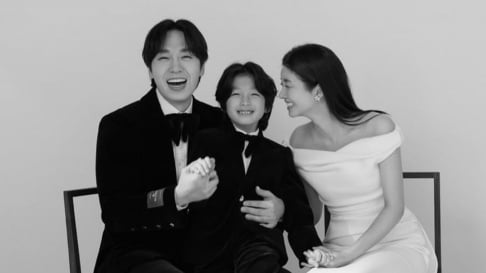

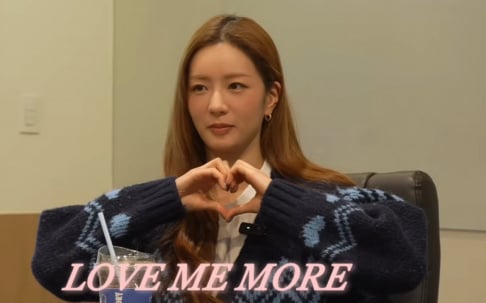



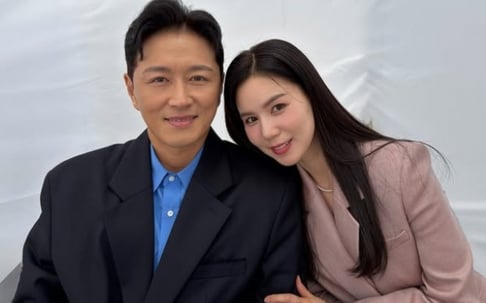










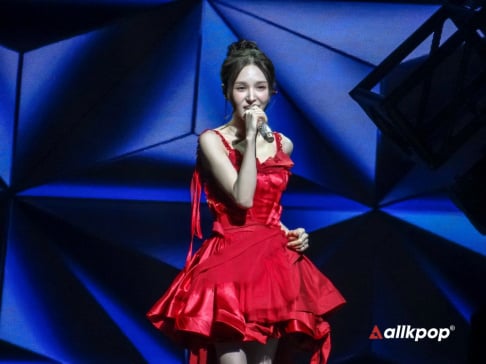


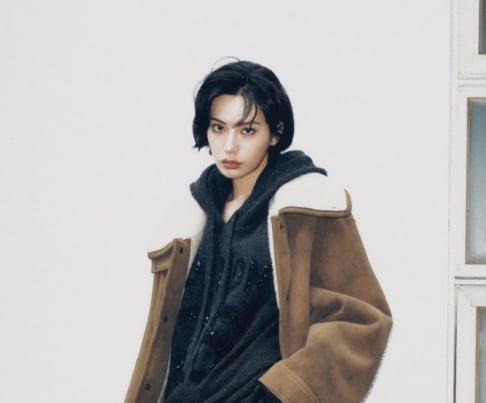
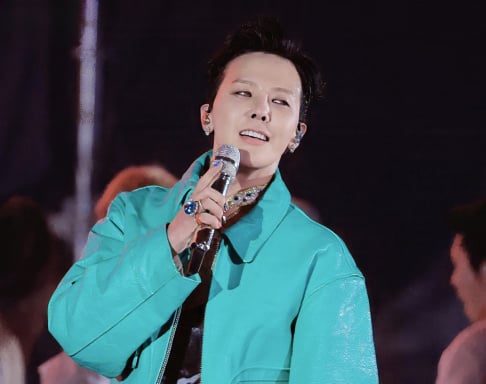
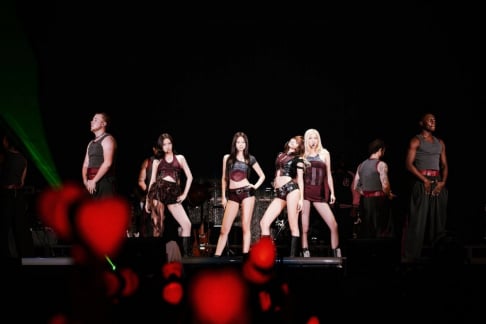



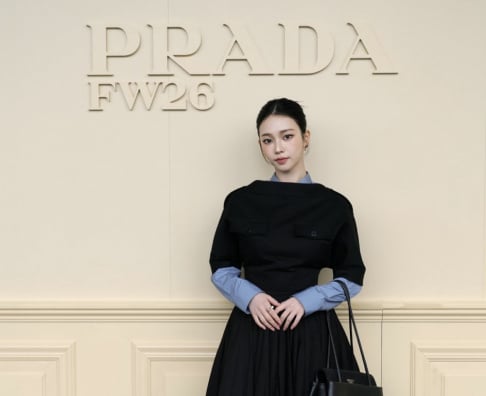
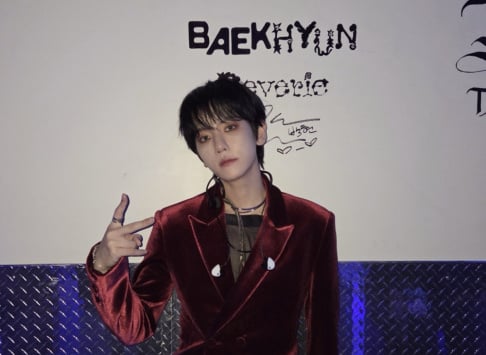
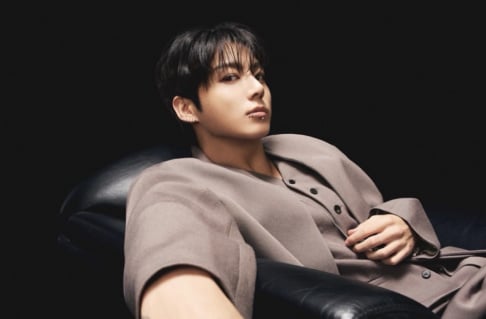
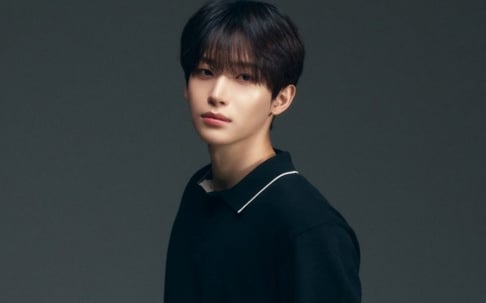


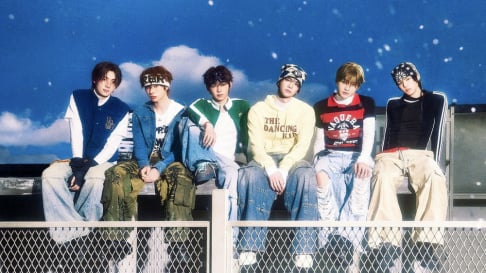
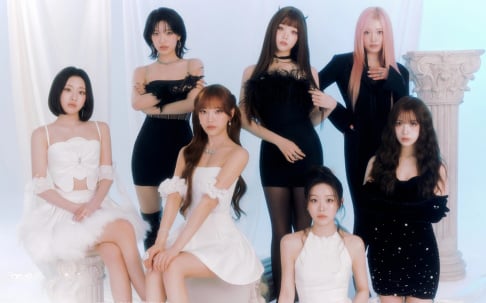
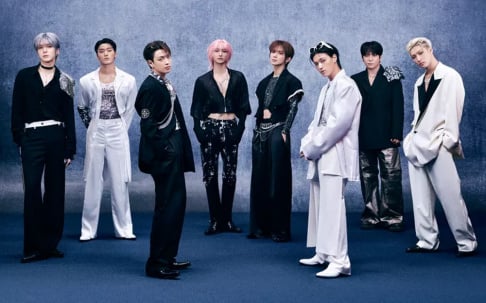






You're not gonna touch stalker obsessive fans?
1 more reply